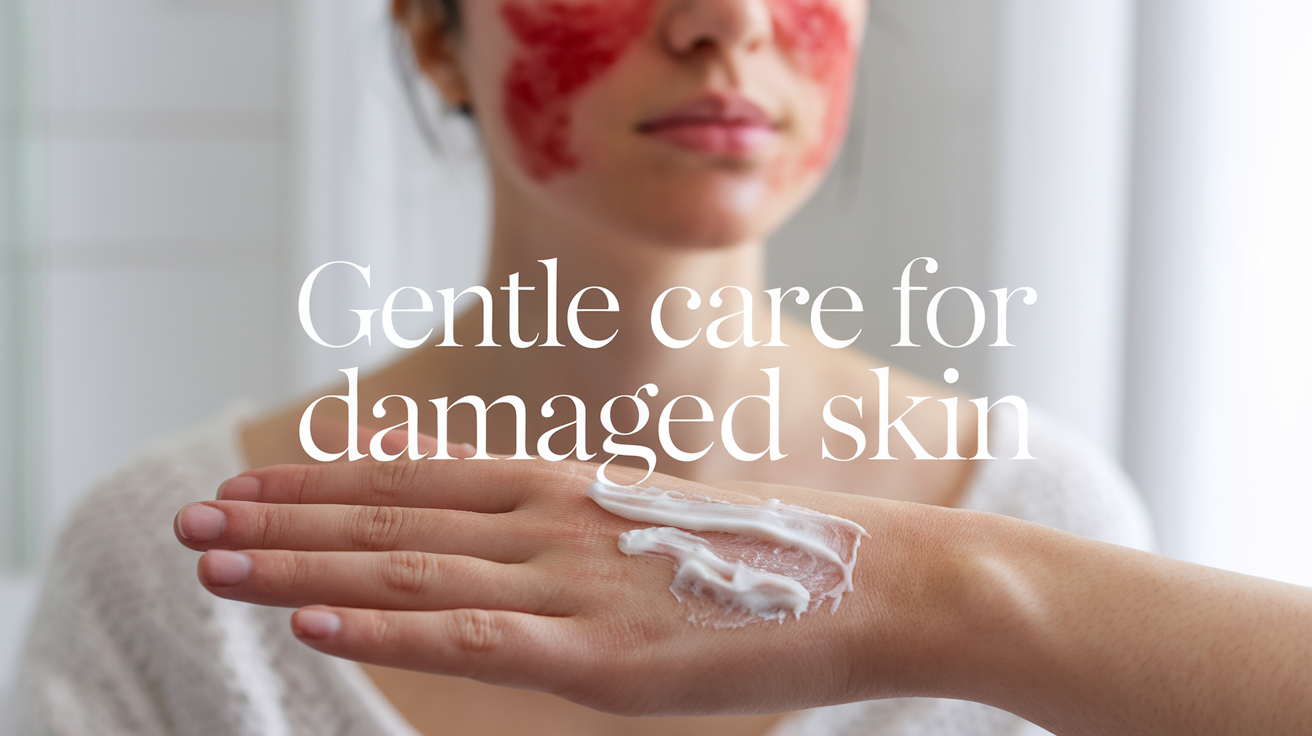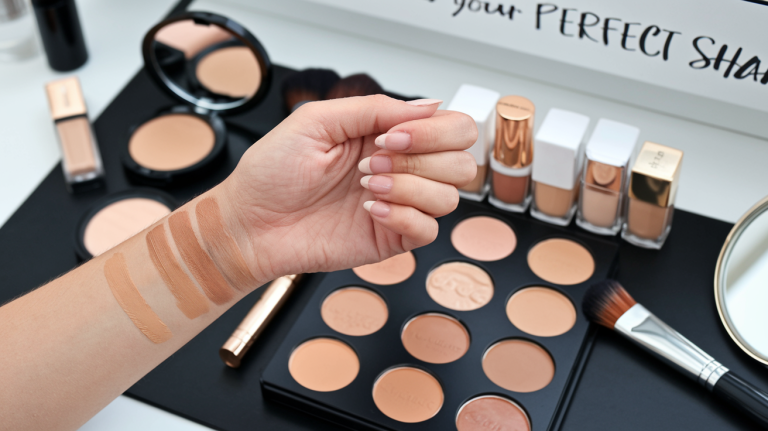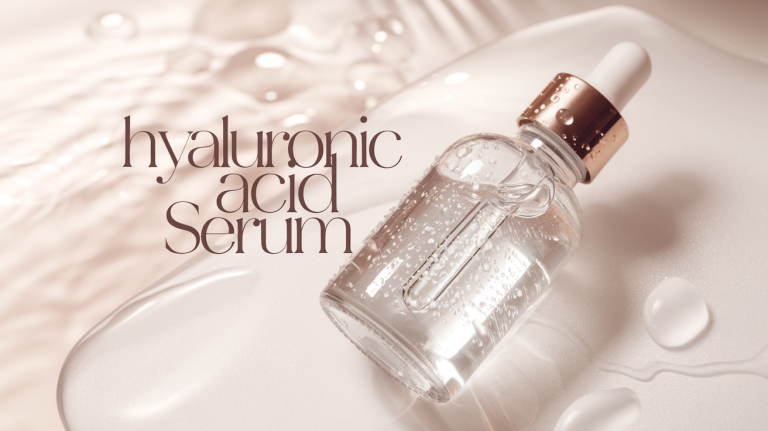Your skin is more than just a pretty face – it’s your body’s first line of defence against the outside world. At the heart of this protection is your skin barrier, a crucial component that keeps your skin healthy, hydrated, and glowing. But what exactly is the skin barrier, and why should you care about it? Let’s dive into the world of skin health and discover how understanding your skin barrier can transform your skincare routine.
- What is the Skin Barrier
- The Importance of a Healthy Skin Barrier
- Signs of a Damaged Skin Barrier
- Common Causes of Skin Barrier Damage
- How to Repair and Protect Your Skin Barrier
- Products to Help Restore Your Skin Barrier
- When to See a Dermatologist
What is the Skin Barrier
The skin barrier, also known as the stratum corneum, is the outermost layer of your skin. Think of it as a brick wall protecting your body:
- The “bricks” are dead skin cells called corneocytes
- The “mortar” is a mixture of lipids (fats) that hold the cells together
This structure creates a waterproof seal that keeps moisture in and harmful substances out. The lipid barrier is crucial for maintaining skin health and preventing issues like dryness, irritation, and inflammation.
The Importance of a Healthy Skin Barrier
A well-functioning skin barrier is essential for:
- Retaining moisture
- Protecting against environmental stressors
- Preventing the entry of harmful bacteria and allergens
- Regulating skin pH
- Supporting the skin’s natural renewal process
When your skin barrier is intact, your skin looks and feels:
- Smooth
- Soft
- Hydrated
- Resilient
On the other hand, a damaged skin barrier can lead to various skin concerns, from dryness to more severe conditions like eczema or rosacea.
Signs of a Damaged Skin Barrier
How do you know if your skin barrier is compromised? Look out for these tell tale signs:
- Dryness and flakiness
- Redness and inflammation
- Itching or burning sensation
- Increased sensitivity to products
- Acne breakouts
- Rough or uneven texture
- Slow healing of wounds or blemishes
If you’re experiencing any of these symptoms, your skin barrier might be crying out for help.
Common Causes of Skin Barrier Damage
Several factors can contribute to a damaged or destroyed skin barrier:
- Over-exfoliation: Scrubbing too hard or too often can strip away the protective layers of your skin.
- Harsh cleansers: Using products with high pH levels or strong surfactants can disrupt your skin’s natural balance.
- Environmental factors: Sun exposure, pollution, and extreme weather conditions can all take a toll on your skin barrier.
- Dehydration: Not drinking enough water or using drying skincare products can lead to a weakened barrier.
- Stress: High stress levels can affect your skin’s ability to repair and maintain itself.
- Certain skin conditions: Eczema, psoriasis, and other skin disorders can compromise the skin barrier.
- Aging: As we get older, our skin naturally produces fewer lipids, making the barrier more vulnerable.
How to Repair and Protect Your Skin Barrier
The good news is that with proper care, you can repair a damaged skin barrier and prevent future issues. Here’s how:
- Simplify your skincare routine: When your skin barrier is compromised, less is more. Strip back to the basics:
- Gentle cleanser
- Moisturizer
- Sunscreen
- Choose gentle, pH-balanced products: Look for cleansers and moisturizers that are close to your skin’s natural pH (around 5.5).
- Incorporate barrier-repairing ingredients: Look for products containing:
- Ceramides
- Hyaluronic acid
- Niacinamide
- Fatty acids (like linoleic acid)
- Panthenol
- Avoid hot water: Use lukewarm water when cleansing to avoid further irritation.
- Protect your skin from the sun: Use a broad-spectrum sunscreen daily to shield your skin from harmful UV rays.
- Stay hydrated: Drink plenty of water and use a humidifier in dry environments.
- Be patient: It can take 2-4 weeks for your skin barrier to repair itself. Consistency is key!
Products to Help Restore Your Skin Barrier
When choosing products to repair your skin barrier, look for gentle, nourishing formulas. Here are some types of products that can help:
- Gentle cleansers: Opt for creamy, non-foaming cleansers that won’t strip your skin.
- Barrier creams: These thick moisturizers create a protective layer on your skin.
- Ceramide-rich moisturizers: Ceramides are essential for rebuilding the skin barrier.
- Hydrating serums: Look for serums with hyaluronic acid to boost hydration.
- Occlusive ointments: For severe dryness, use ointments to seal in moisture overnight.
Remember, what works for one person may not work for another. It’s essential to listen to your skin and adjust your routine accordingly.
La Roche-Posay Cicaplast Balm B5
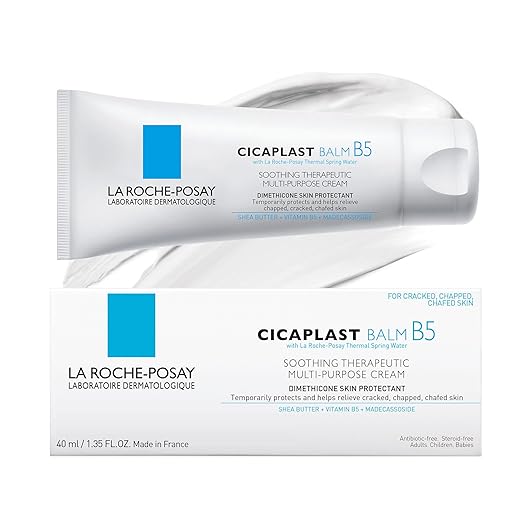
Photo: Amazon
ETUDE SoonJung 2x Barrier Intensive Cream
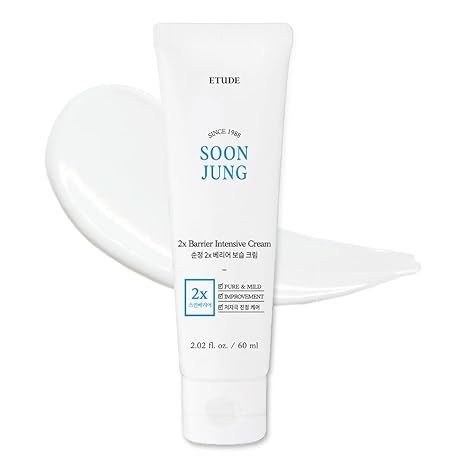
Photo: Amazon
KraveBeauty Great Barrier Relief
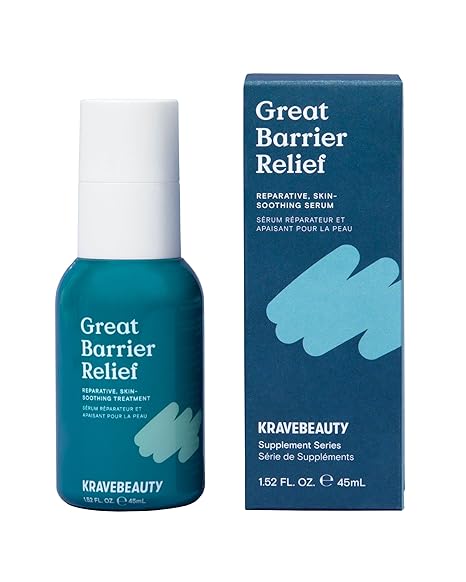
Photo: Amazon
First Aid Beauty – Ultra Repair Rescue Barrier Balm
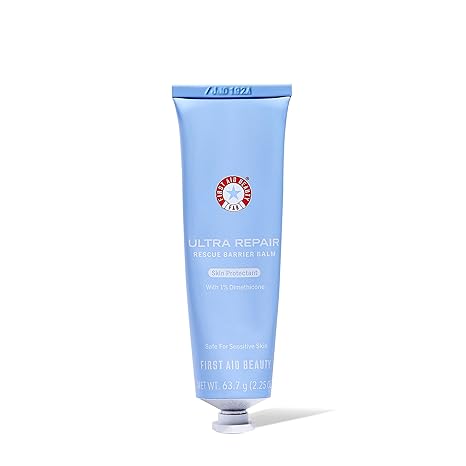
Photo: Amazon
Avène Cicalfate+ Restorative Protective Cream
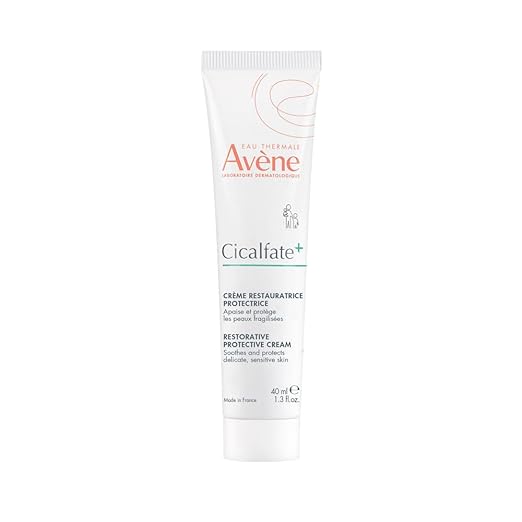
Photo: Amazon
When to See a Dermatologist
While many skin barrier issues can be addressed at home, sometimes professional help is necessary. Consider seeing a dermatologist if:
- Your symptoms persist despite consistent care
- You experience severe redness, itching, or pain
- You suspect an underlying skin condition like eczema or rosacea
- You’re unsure about which products to use for your skin type
A dermatologist can provide personalized advice and may recommend treatments like prescription creams or in-office procedures to help repair your skin barrier.
Understanding and caring for your skin barrier is crucial for maintaining healthy, radiant skin. By following these tips and being gentle with your skin, you can help repair damage and prevent future issues. Remember, healthy skin is happy skin!

